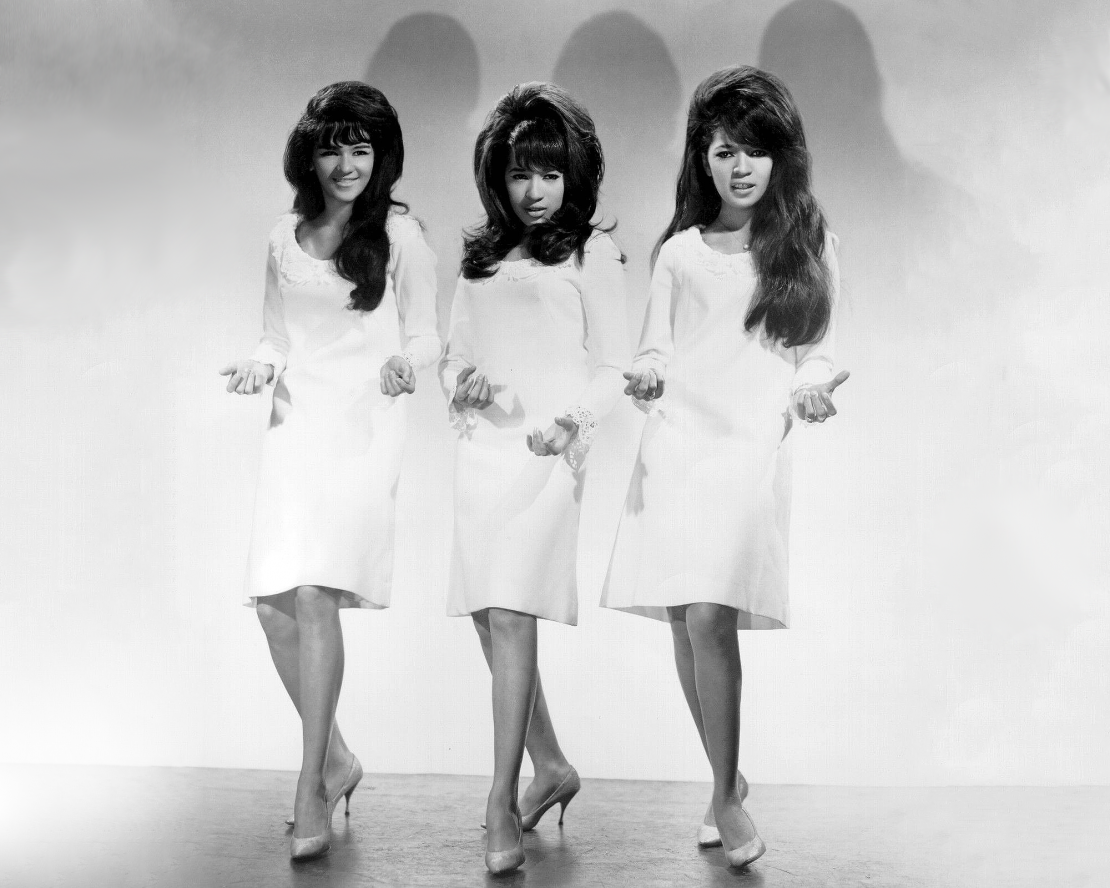If you haven’t already, start thinking about building a personal brand for yourself. In a world full of endless online applications for every job you’d ever think of applying for, marketing yourself well is essential. Check out an excellent example here.
As with young professionals, personal branding is a staple in the music industry. Just as we need to maintain a professional, confident, and unique image in the office and online, entertainers need to do so onstage and in the public eye. The major difference, however, is the realism factor—while we typically market ourselves as hardworking and friendly people, popstars are marketed by their teams as one of many extremes: girls next door, rebels without causes, party-going sex kittens, &c. (In fact, Rihanna has pretty much gone through a different personal brand for each of her albums.)
And so the burden of maintaining this brand, mostly created by others, falls on the shoulders of one individual—typically a woman. And let’s be honest, women receive far more scrutiny towards their outward images than men.
And what’s harder than maintaining this perfect image on your own? Having someone else shoving it down your throat, probably. Dr. Luke, all-star music producer responsible for the success of superstars Katy Perry, Kesha, Britney Spears, Kelly Clarkson, Jessie J, Avril Lavigne, and others. Anything seem a little off about one dude setting a standard for all these competing female popstars? I’d say that this strategy certainly takes the “personal” out of “personal branding.”
Just last month, Kesha alleged that Dr. Luke induced her eating disorder (among other horrendous things) by comments about how she was not maintaining her brand, including: “you’re not that pretty,” “you are not that talented,” and calling her a “fat f—king refrigerator.”
And the story is not a new one at all. A shockingly similar situation of a controlling producer with multiple artists under his umbrella occurred in the early 1960s with legendary producer Phil Spector. Responsible for the success of legendary soul-pop acts such as the Crystals, the Ronettes, Ike & Tina Turner, the Righteous Brothers, Sonny & Cher, and others, Spector pioneered the “perfect pop” sound of his day (using his wall of sound technique) just as Luke has today.
Spector’s case went even further than Luke’s, however: he wouldn’t allow the Ronettes to speak with the acts they toured with, such as the Beatles and the Rolling Stones. He eventually married Ronettes frontwoman Ronnie Bennett and imprisoned her within his home for several years, adopting children multiple times without asking her.
It’s clear that some of the masterminds behind marketable public images are manipulative, selfish, and maybe even psychotic. While they may result in the perfect pop acts that you loved in your teens, we should rethink who really is behind the personal branding of the celebrities you adore. These examples are clearly marketing gone too far; these women have ceased to be people and have become products.
Even though this sort of situation will probably not affect you personally, I think it gives a good lesson: regardless of your field, creating a personal brand is a lot better when it’s realistic—and you’re the one doing it. Sure, having someone else set up your entire image might result in the perfect product, but who do you want to be, a person or a project?



